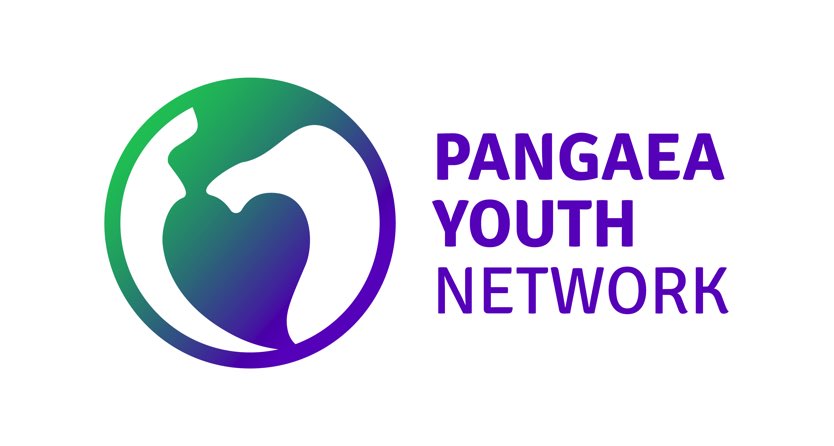Youth Exchange
5-21 days, 16-60 participants
Youth Exchanges bring together groups of young people from different countries for short-term, non-formal learning experiences. Typically lasting between 5 to 21 days, these exchanges promote intercultural dialogue and personal development through a variety of activities. Projects can include a minimum of 16 and a maximum of 60 participants, excluding group leaders.
Training Course
2 days to 2 months, no specific participant limit
Training courses aim to enhance the skills and competencies of youth workers and educators. These structured programs can last from 2 days to 2 months and involve professional development activities such as workshops and seminars. They are designed to improve the quality of youth work and foster international cooperation.
KA1 (Key Action 1)
3-24 months, requires at least 2 organizations from different countries
KA1 focuses on mobility projects for young people and youth workers, including Youth Exchanges, European Voluntary Service (EVS), and mobility of youth workers. The duration of these projects varies, typically ranging from 3 to 24 months. KA1 projects must involve at least two participating organizations (a sending and a receiving organization) from different countries.
KA2 (Key Action 2)
12-36 months, requires at least 2 organizations from different countries
KA2 supports strategic partnerships in education, training, and youth. These partnerships aim to foster cooperation and innovation between organizations and typically last between 12 and 36 months. KA2 projects require a minimum of 2 participating organizations from different countries and can include a wide range of activities such as joint initiatives, peer learning, and the exchange of best practices.







